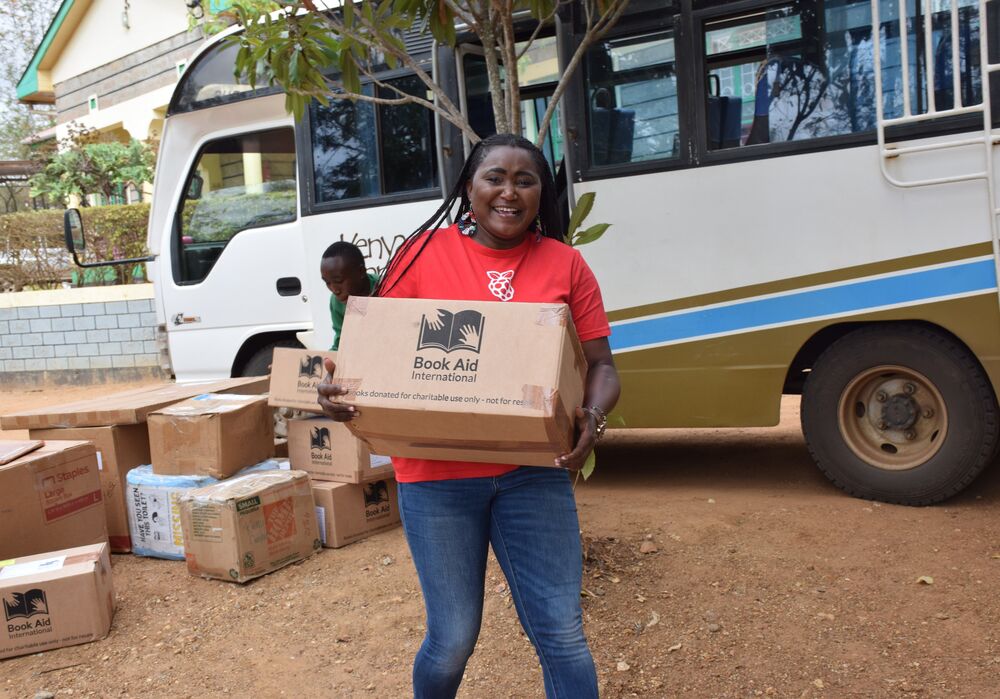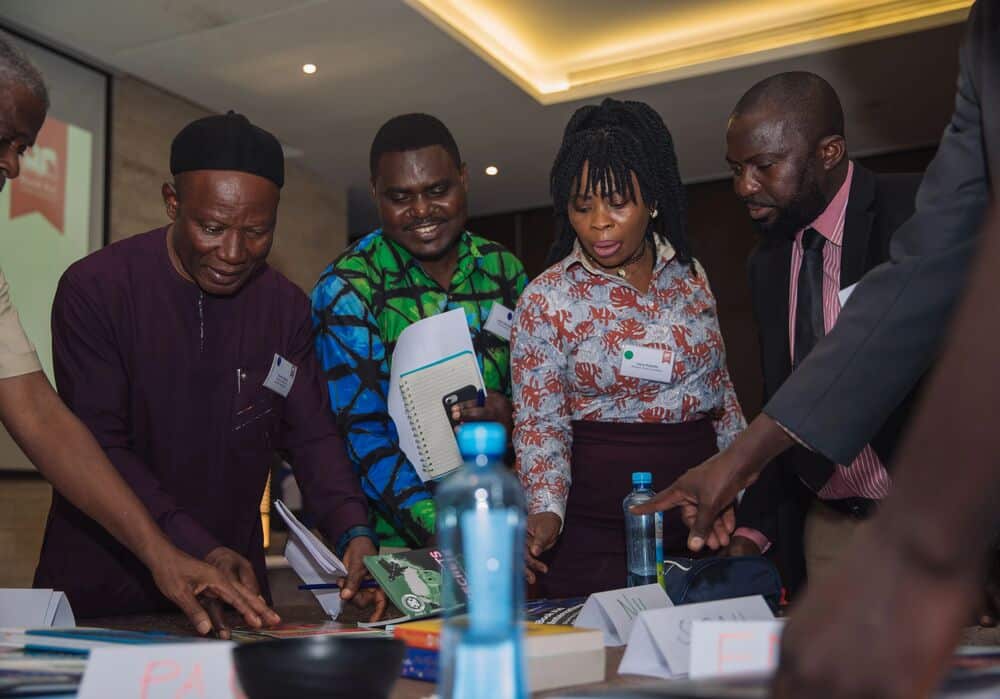Lessons in Literacy
Last year, our East Africa Representative James Kimani attended the Pan-African Literacy for All conference in Nairobi. Here he reflects on what he learnt and the impact this has on the work he does.
Last year I attended the 13th biennial Pan-African Literacy for All (PALFA) conference in Nairobi Kenya. The PALFA Conference is an interactive and enriching global literacy event that brings together scholars, literacy educators and professionals from across Africa and around the world. The theme was “Remediating the Global Learning Poverty Crisis through Innovative Literacy Practices.”
The conference sessions included discussions on the role of librarianship in enhancing literacy, multilingual education policy and practice in Africa, teaching and learning in fragile contexts and sustainable literacy development by Africans for Africans. These sessions highlighted some ongoing challenges and provided some key learnings:
1. The power of books to change the world
Education is the most powerful tool to change the world and literacy development is key as the torch bearer for empowerment. There is no such thing as a child who hates to read. It’s possible that they have just not found the right book to read and this is why it is important to expose learners to all kinds of books that are relevant to their own reading level. For education to change the world it needs one key ingredient – books. In most English-speaking countries in Africa, basic, secondary and higher education curriculums use English as a language of instruction.


2. The use of local language books in development is key
It is important to train teachers first in language literacy and second in language methods, as well as multilingual pedagogy to ensure they have the requisite skills to help learners. Research findings indicating the importance of using both first language and second language concurrently (50:50) as languages of instruction, also highlight the importance of also using books in other languages
3. Supporting under-resourced teachers
There are very large class sizes in many African schools and as a result teachers are overwhelmed. There is a dire need to decongest classes and to also provide adequate learning materials including books.
Access to well organised book stock made available to both learners and teachers in schools helps cultivate a love of reading among learners and literacy development in general.
4. School libraries are enablers of literacy development
Research undertaken on the role of librarianship in enhancing literacy development in 41 public primary schools in Limuru, Kenya indicates that there were no purpose-built libraries in the schools, no librarians in the schools, and that teachers involved in managing books in schools had low librarianship skills. Teachers’ skills in managing school libraries have a big impact on access to and utilisation of books in school. As most schools are not able to employ skilled librarians, it is imperative to provide library management and reading promotion training for the teachers responsible for managing libraries in their schools.


5. Reaching marginalised groups like refugees
Research undertaken in refugee schools in Uganda indicates that literacy levels among refugee learners is very low. Having organised libraries and improved access to simple English language story and picture books can greatly help teachers to develop these learner’s language levels.
How Book Aid International supports these solutions
I have been reflecting on what this means for Book Aid International’s work in 2024 and beyond. Carefully selected UK-donated books in English are important in developing sustainable literacy in Africa, therefore the books donated by publishers continue to be of huge importance.


These books work alongside locally sourced books written in local languages and Book Aid International should continue to support the purchase of more locally published books through its grants to partners.
Finally, alongside the provision of books it is vital that Book Aid International should continue to look for opportunities to support the development of school libraries in our reading and literacy development efforts, whilst also continuing to train teachers in librarian management through our training programmes.
Together these activities support just some of the learnings I took from the conference.
There’s so much you can do to share the power of books
Sign up now to hear from readers and be kept updated on our work, fundraising activities and events.
Read more from our blog
Join us at Hay Festival 2024
Find out more about our event at Hay Festival this month, where our Vice Patron, Lord Paul Boateng will be joined in conversation by writers Elif Shafak and Priscilla Morris
Read moreAttracting new readers
Hear from our Head of Programmes, Samantha Sokoya, about our 2023/24 Community Reading Award Winners!
Read moreA shared ambition
Hear from Heidi Mulvey, Head of Community Engagement at Cambridge University Press & Assessment, about why her company is committed to supporting Book Aid International’s work.
Read more